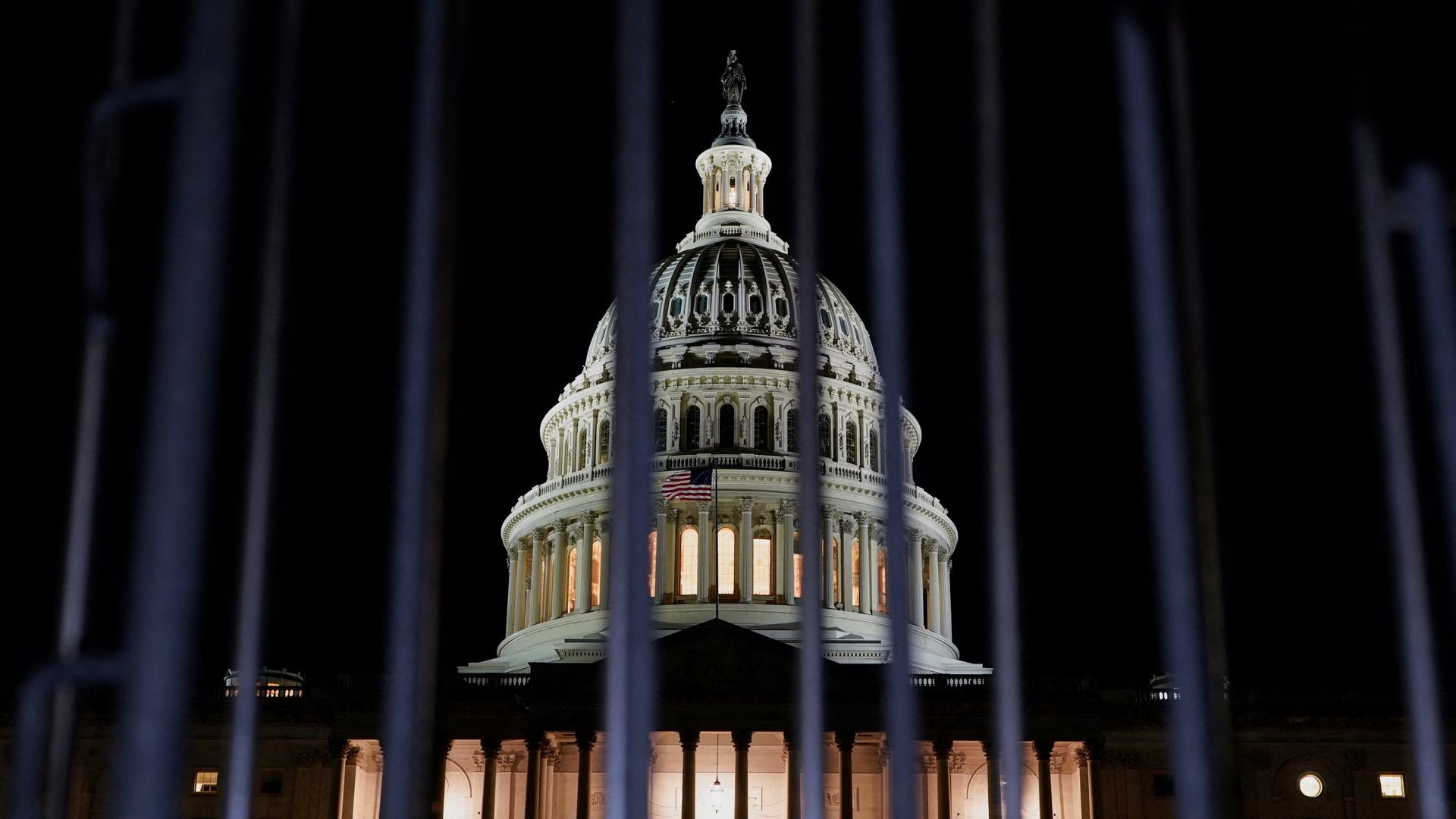The V.I. Justice Department has until noon Wednesday to respond to an emergency motion to dismiss, or at least expedite, its appeal of a V.I. District Court order striking the government’s bid to seek the death penalty in the murder case of Richardson Dangleben Jr., the clerk of the Third Circuit Court of Appeals has ruled.
Clerk Patricia S. Dodszuweit has also advised that the case has been listed for possible dismissal “due to jurisdictional defect.”
Jury selection for Dangleben, charged with murder and other crimes in the July 2023 shooting death of V.I. Police Detective Delberth Phipps Jr. on St. Thomas, is set to begin in less than three weeks, on Oct. 6.
The government stated in February 2024 that it would not seek the death penalty but abruptly changed course in May after the Trump administration issued an executive order saying it would review all decisions not to seek capital punishment in eligible cases charged during the Biden administration, which did not support the death penalty.
After briefing on the issue by both sides, District Court Chief Judge Robert Molloy in August struck the government’s notice of intent to seek the death penalty, citing a number of concerns, including the fact that the DOJ’s request was not based on new information not previously available to the government, it came more than a year after the initial “no-seek” decision, was filed 22 months after Dangleben’s initial arrest, 19 months after his first indictment, and less than five months before trial.
With the trial now less than three weeks away, the DOJ filed notice Sept. 15 that it intends to appeal Molloy’s order to the Third Circuit. Public Defender Matthew Campbell, who is representing Dangleben, filed an emergency motion Friday asking that the appeal be dismissed or at least expedited.
“This Court should dismiss the appeal for lack of jurisdiction. The Court immediately recognized, sua sponte, that jurisdiction may not lie for this appeal. It does not. It is a bedrock rule of federal law that the courts of appeals lack jurisdiction over a governmental appeal in a criminal case except in circumstances explicitly authorized by Congress. None of those circumstances applies here. The Government pretends otherwise, invoking 18 U.S.C. § 3731, which authorizes certain specified interlocutory appeals. But that statute does not authorize an appeal from an order striking a death-penalty notice,” according to Campbell’s emergency motion.
Barring that, the court “can at least mitigate the harm by providing expedited consideration of this motion to dismiss and/or expedite the appeal, and by promptly considering and disposing of the Government’s meritless appeal, so that the trial can proceed on its current schedule if Mr. Dangleben prevails on either jurisdictional or merits grounds,” Campbell wrote.
He noted that Molloy’s order is also “consistent with the decisions of every other district court to have ruled on this issue to date, nationwide,” as they too have faced 11th-hour reversals of no-seek notices by the government since President Donald Trump took office.
“Moreover, the Government has foregone an appeal in every one of those other cases, which suggests that it is aware of the weakness of its position,” said Campbell.
Additionally, the government’s “belated attempt to file a Death Notice and now to appeal its striking threatens to delay the trial that the district court had announced and both sides understood is scheduled to commence in just three weeks, on October 6. The district court has explained that it would not be inclined to ‘grant a continuance because delaying this trial solely to accommodate the government’s flip-flopping would implicate the Defendant[’s] constitutional speedy trial rights,’” the motion states.
The resulting delay of an appeal “will not only implicate Mr. Dangleben’s speedy trial rights, it will also exacerbate his psychological anguish because of the uncertainty surrounding the potential punishment” should he be convicted, Campbell wrote.
St. Croix Source
Local news, News



